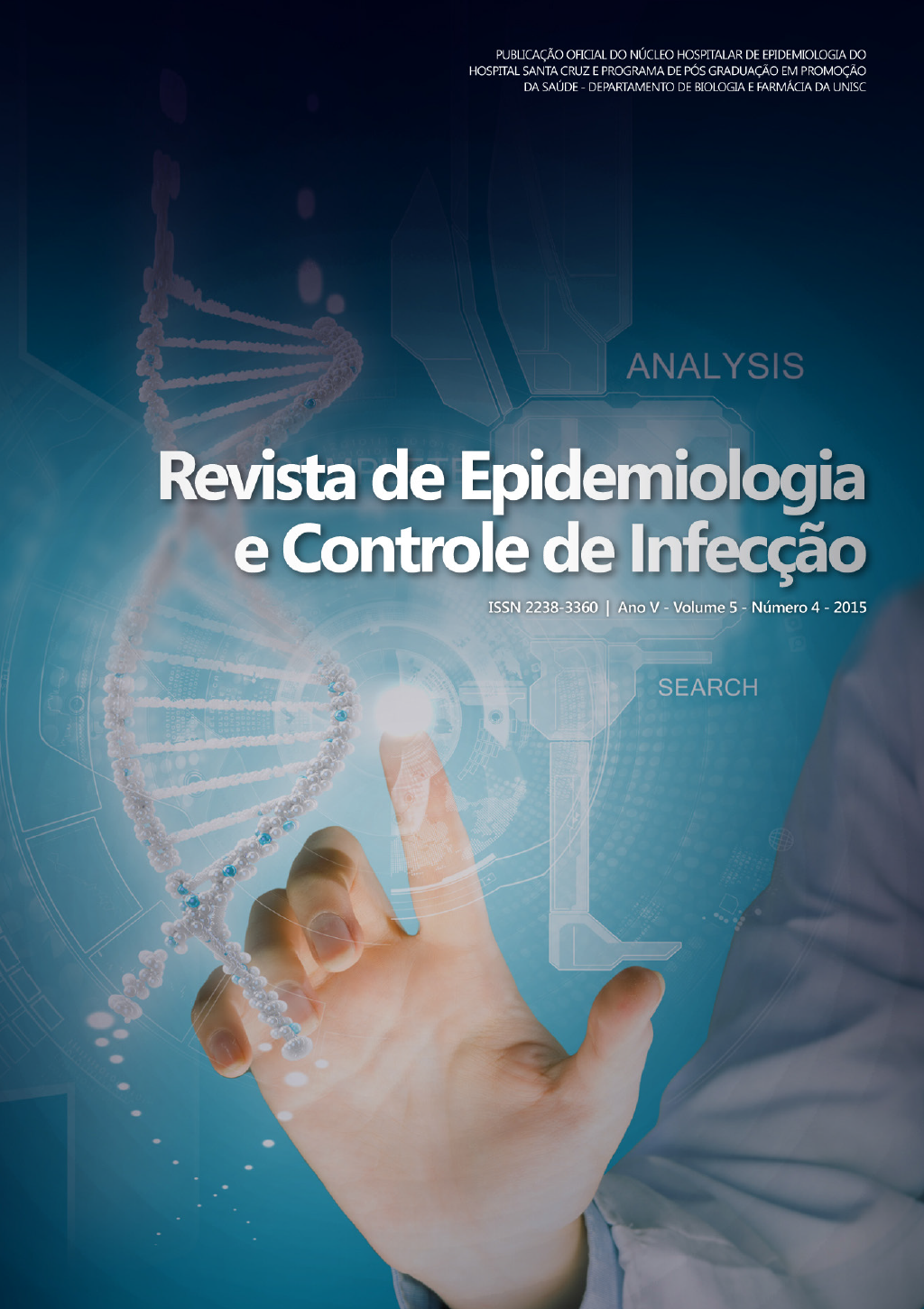A importância do conhecimento quanto ao vírus da influenza A (H1N1): relato de experiência
DOI:
https://doi.org/10.17058/reci.v5i4.6192Resumen
Justificativa e Objetivos: Embora as taxas de contaminação pelo vírus influenza A H1N1, apresentem redução desde 2010 por meio da imunização, ainda é notório alguns casos e surtos da doença em território nacional. Para minimizar tais casos é importante, dentre outras medidas, a qualificação do trabalhador de saúde. Nesse sentido, o objetivo foi descrever o nível de informação dos profissionais de Enfermagem, de um hospital do interior baiano, sobre a transmissão do vírus da H1N1, sintomatologia e quais os EPIs são necessários na assistência aos pacientes com suspeita ou confirmação diagnóstica. Métodos: Trata-se de um relato de experiência vivenciado por acadêmicos de Enfermagem da Universidade do Estado da Bahia, que desenvolveram atividades do componente curricular Processo do Cuidar: Fundamentação e Prática em um hospital público na Bahia. Os dados do relato são provenientes de coleta realizada junto aos enfermeiros, abordando aspectos da sintomatologia, transmissão e equipamentos de proteção individual. Cada profissional de Enfermagem respondeu espontaneamente as perguntas e ao final foi discutido cada item visando sanar dúvidas, promovendo, desse modo, uma atividade educativa baseada nos conhecimentos dos profissionais. Resultados: Embora a maioria dos participantes reconhecesse os equipamentos de proteção individual e a sintomatologia da doença viral, alguns ainda desconhecem as vias de transmissão. A maioria não recebeu nenhuma capacitação sobre a temática. Conclusão: É necessário implantar um Núcleo de Educação Permanente para sanar dúvidas sobre esta e outras temáticas, mas que não se limitem a ações pontuais e que busquem parcerias com as instituições de ensino superior. DESCRITORES: Educação continuada. Educação em Enfermagem. Transmissão de doença infecciosa. Controle de doenças transmissíveis.Descargas
##submission.downloads##
Publicado
Cómo citar
Número
Sección
Licencia
The author must state that the paper is original (has not been published previously), not infringing any copyright or other ownership right involving third parties. Once the paper is submitted, the Journal reserves the right to make normative changes, such as spelling and grammar, in order to maintain the language standard, but respecting the author’s style. The published papers become ownership of RECI, considering that all the opinions expressed by the authors are their responsibility. Because we are an open access journal, we allow free use of articles in educational and scientific applications provided the source is cited under the Creative Commons CC-BY license.


